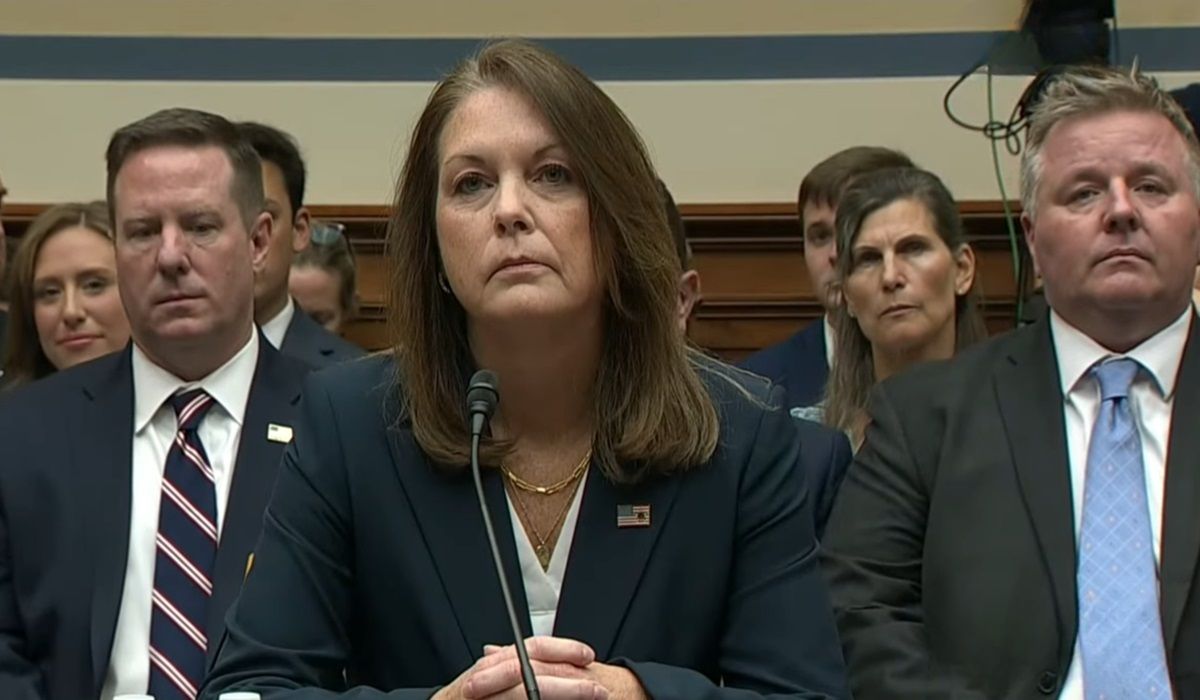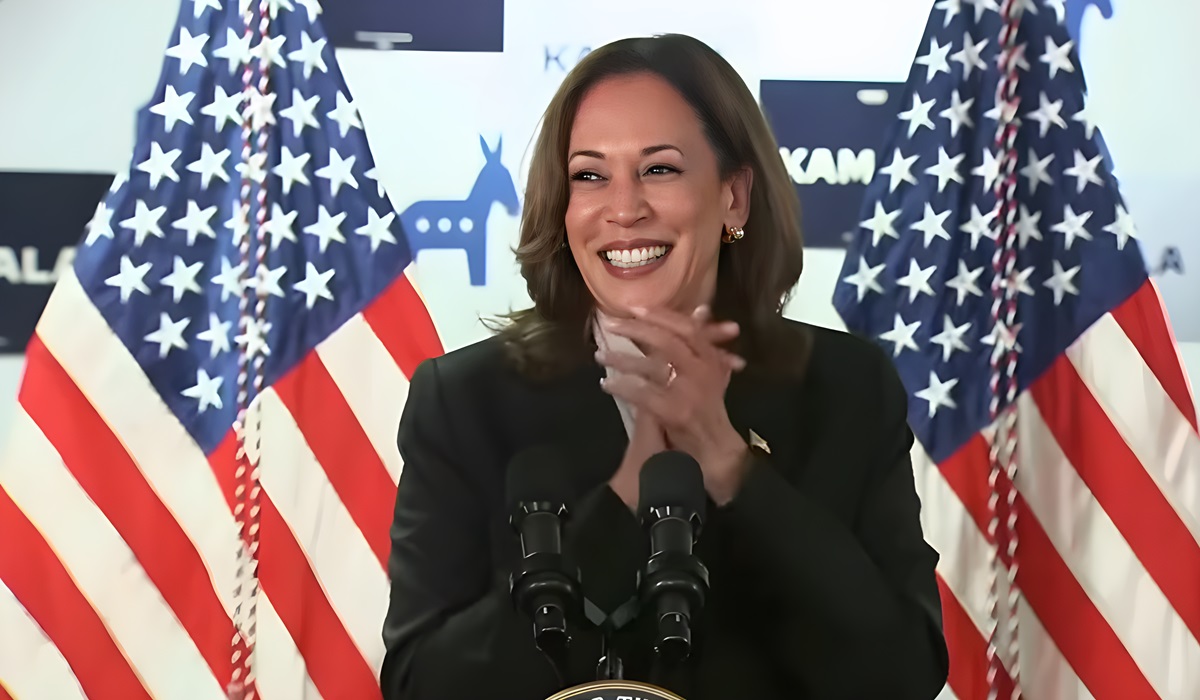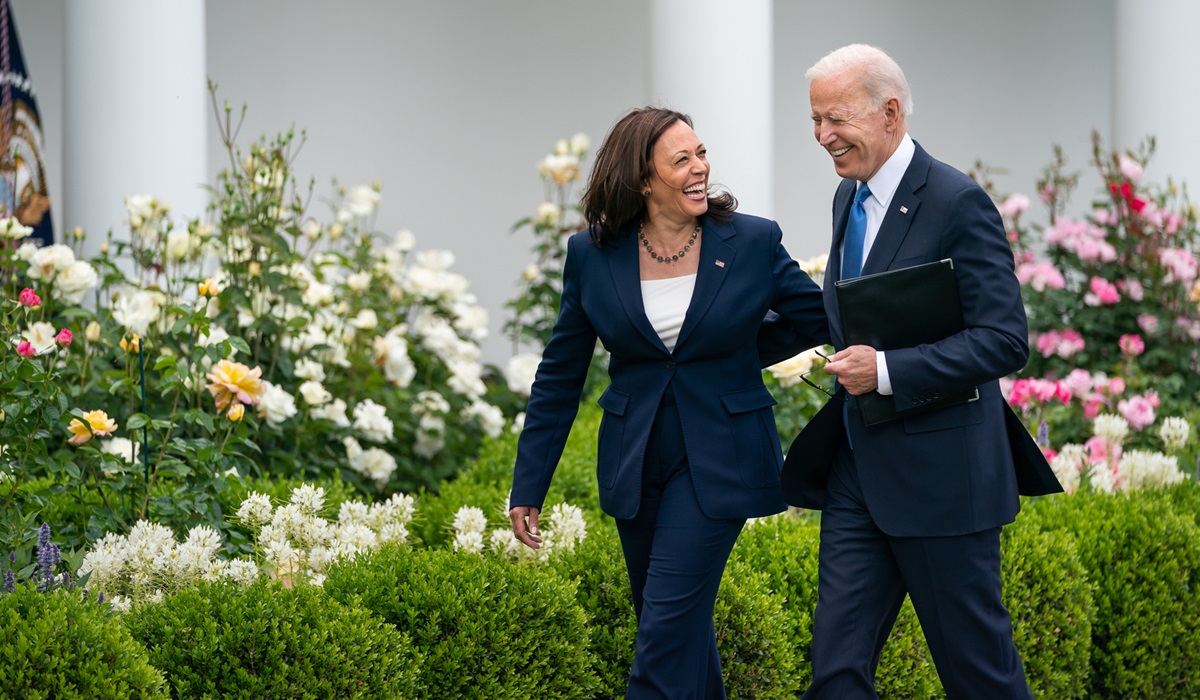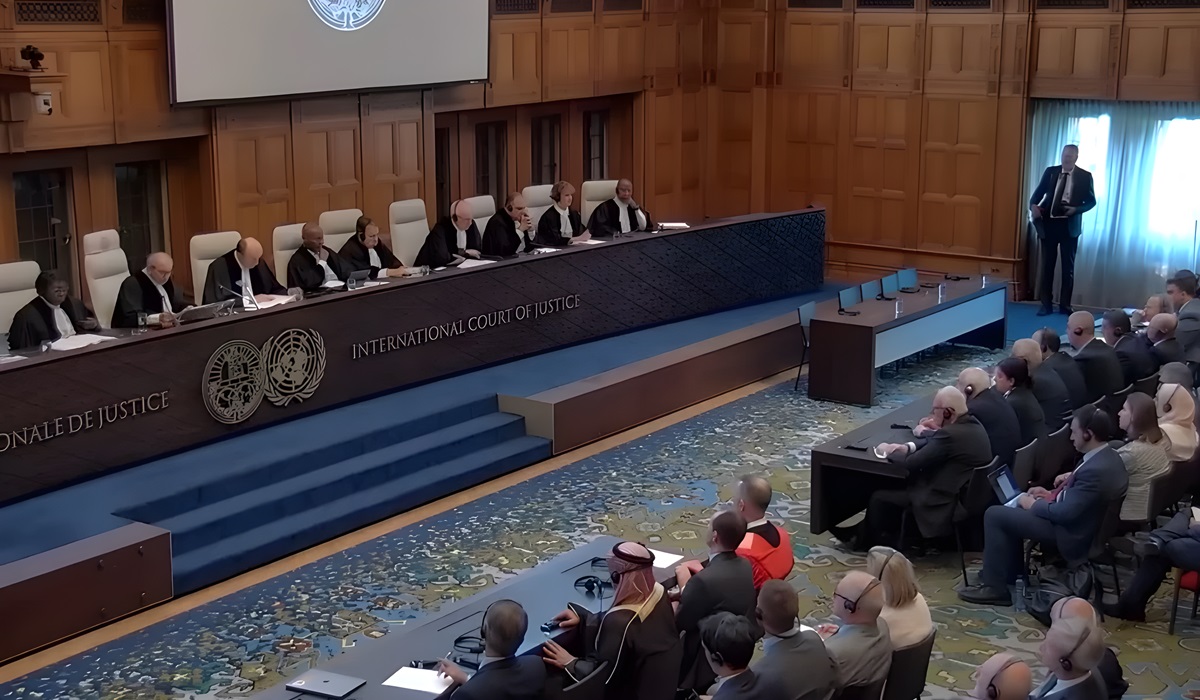US Congress Votes To Ban TikTok While Ignoring Domestic Social Media Threats
- TDS News
- Breaking News
- March 14, 2024

In the halls of American power, a disturbing trend is emerging—a trend that, while ostensibly aimed at safeguarding national security, increasingly appears to prioritize political posturing over the well-being of the American people. The recent passage of legislation in the House of Congress to ban TikTok under the guise of protecting Americans from foreign adversaries is a stark illustration of this troubling phenomenon.
The Protecting Americans from Foreign Adversary Controlled Applications Act, which sailed through the House with resounding bipartisan support, is a testament to the hegemonic impulses of American lawmakers. With 352 votes in favor and only 65 opposed, the bill exemplifies a worrying consensus that transcends party lines. However, beneath the veneer of unity lies a troubling reality—a reality where political expediency trumps reasoned debate and evidence-based policymaking.
At its core, the TikTok ban is predicated on the false premise that the popular social media platform poses a significant national security threat. While concerns about data privacy and potential foreign influence are not unfounded, the manner in which these concerns are being addressed reeks of hypocrisy and double standards.
The bill’s proponents argue that TikTok, owned by the Beijing-based company ByteDance, could provide the Chinese government with access to sensitive user data—a claim that remains largely unsubstantiated. Despite repeated assurances from TikTok’s CEO, Shou Zi Chew, about the platform’s commitment to data security, lawmakers have chosen to embrace fear-mongering over facts.
What is particularly galling about this legislation is the glaring absence of introspection on the part of American lawmakers. While they are quick to point fingers at perceived threats from abroad, they conveniently overlook the systemic issues plaguing their own backyard. The irony of American social media giants like Meta (formerly Facebook) being embroiled in numerous data privacy scandals seems lost on those championing the TikTok ban.
Indeed, if we are to talk about safeguarding national security and protecting Americans’ data, then it is imperative that we apply the same standards across the board. Yet, the glaring double standard evident in the treatment of TikTok compared to domestic tech giants speaks volumes about the selective nature of American hegemony.
Furthermore, the manner in which TikTok’s CEO, Shou Zi Chew, has been subjected to thinly veiled racism and xenophobia during congressional hearings is deeply troubling. The insinuations about his loyalty to the American people based on his ethnicity are not only baseless but also reprehensible. It is a sad indictment of the state of American politics when elected officials stoop to such despicable tactics in pursuit of their agendas.
Beyond the moral and ethical implications, the TikTok ban carries serious economic consequences for millions of Americans. For the over 170 million users who rely on the platform for entertainment and livelihoods, the prospect of its ban is nothing short of devastating. Not only would it deprive them of a vital source of income, but it would also deal a significant blow to the American economy.
As the TikTok ban now moves to the Senate for consideration, it is imperative that lawmakers approach the issue with nuance and critical thinking. Blindly succumbing to the politics of fear and paranoia serves no one’s interests—not the American people, not the cause of national security, and certainly not the principles of democracy and freedom that the United States purports to champion.
The TikTok ban represents a troubling manifestation of American hegemony at the expense of the American people. By prioritizing political expediency over evidence-based policymaking and resorting to xenophobic rhetoric, lawmakers risk undermining the very values they claim to uphold. It is high time for a sober reassessment of America’s approach to national security—one that prioritizes diplomacy, cooperation, and respect for international norms. The world is watching, and the credibility of American leadership hangs in the balance.








